How Much Water Should You Drink After Taking Creatine

Imagine this: You've just finished a grueling workout, muscles screaming, heart pounding. You reach for your shaker bottle, already mixed with creatine, the supplement you've been relying on to boost your strength and power. But a nagging question lingers in your mind: How much water do I *really* need to drink after this?
This isn't just about quenching your thirst; it's about maximizing the benefits of creatine and ensuring your body functions optimally. The relationship between creatine and hydration is crucial for both performance and overall health, and understanding the right balance can make a significant difference in your fitness journey.
While creatine is widely known for its muscle-building and performance-enhancing effects, its impact on hydration is a frequently debated topic. Determining the appropriate water intake after taking creatine involves understanding how this supplement interacts with your body and considering individual factors like activity level and environment.
Understanding Creatine and Hydration
Creatine is a naturally occurring compound found in muscle cells. As a supplement, it increases the availability of ATP (adenosine triphosphate), the primary energy carrier in cells, thereby improving strength and power output during high-intensity exercise.
Creatine works by drawing water into the muscle cells. This process is what leads to increased muscle volume and is a key mechanism behind creatine's performance-enhancing benefits. However, this water retention within muscle cells can potentially lead to dehydration if fluid intake isn't adequately managed.
Early theories suggested that creatine could lead to dehydration, sparking concern among athletes. However, more recent research, including a 2003 study published in Medicine & Science in Sports & Exercise, found no evidence to support these claims when creatine is taken at recommended dosages with adequate water intake.
The Importance of Adequate Hydration
Dehydration, regardless of creatine supplementation, can significantly impair athletic performance. Even mild dehydration (as little as 2-3% loss of body weight from fluid) can lead to decreased strength, power, and endurance. Symptoms of dehydration include thirst, headache, dizziness, and fatigue.
Proper hydration is crucial for maintaining overall health and bodily functions. It helps regulate body temperature, transports nutrients, lubricates joints, and removes waste products. Therefore, ensuring adequate water intake is essential for everyone, particularly those engaged in regular physical activity.
The National Academies of Sciences, Engineering, and Medicine recommends that men consume approximately 15.5 cups (3.7 liters) of fluids per day, and women consume about 11.5 cups (2.7 liters) per day. These are general guidelines, and individual needs may vary.
How Much Water Should You Drink After Taking Creatine?
There's no magic number for water intake after taking creatine. The general consensus among experts is to listen to your body and prioritize adequate hydration throughout the day, not just immediately following creatine supplementation.
A good rule of thumb is to ensure you're meeting the daily recommended fluid intake. If you're taking creatine, particularly during a loading phase (when you take higher doses initially), you might want to slightly increase your water intake to compensate for the water being drawn into your muscles.
Monitor your urine color as an indicator of hydration. Pale yellow urine generally indicates adequate hydration, while dark yellow urine suggests dehydration. Adjust your fluid intake accordingly.
Factors Influencing Water Needs
Several factors can influence your individual water needs. Consider these when determining how much water to drink after taking creatine:
- Activity Level: The more active you are, the more water you'll lose through sweat. Athletes and those engaged in intense workouts require significantly more fluids than sedentary individuals.
- Climate: Hot and humid environments increase sweat rate, leading to greater fluid loss. Adjust your water intake accordingly to stay hydrated.
- Dosage of Creatine: During the loading phase of creatine supplementation (typically 20 grams per day for 5-7 days), you may need to increase your water intake slightly more than during the maintenance phase (typically 3-5 grams per day).
- Individual Differences: Body weight, metabolism, and overall health can also influence water needs.
Debunking Hydration Myths
One common myth is that you need to chug liters of water immediately after taking creatine. While staying hydrated is important, forcing yourself to drink excessive amounts of water can be counterproductive and even dangerous.
Hyponatremia, or water intoxication, is a condition caused by dangerously low sodium levels in the blood due to excessive water intake. It's rare, but it can be serious. Sip water throughout the day rather than gulping large amounts at once.
Another misconception is that all fluids are created equal. While beverages like juice and sports drinks contribute to hydration, water is the best choice for overall health. Sugary drinks can add unnecessary calories and may not be as effective at hydrating you.
Practical Tips for Staying Hydrated While Taking Creatine
Staying adequately hydrated while taking creatine doesn't have to be a chore. Here are some practical tips to make it easier:
- Carry a water bottle: Keep a reusable water bottle with you throughout the day and refill it regularly.
- Set reminders: Use your phone or a hydration app to remind you to drink water at regular intervals.
- Drink before, during, and after workouts: This is crucial for replenishing fluids lost through sweat.
- Eat hydrating foods: Fruits and vegetables like watermelon, cucumber, and spinach have high water content and can contribute to your overall hydration.
- Listen to your body: Pay attention to your thirst cues and drink when you feel thirsty. Don't wait until you're severely dehydrated.
Consulting with Professionals
If you have any underlying health conditions or concerns about your hydration status, consult with a healthcare professional or registered dietitian. They can provide personalized recommendations based on your individual needs.
Athletes and individuals engaged in intense training should also consider seeking guidance from a sports nutritionist or coach. They can help you optimize your hydration and nutrition strategies for performance and recovery.
Remember that creatine supplementation is just one piece of the puzzle. A balanced diet, regular exercise, and adequate hydration are all essential for achieving your fitness goals.
Conclusion: Finding Your Hydration Sweet Spot
The key takeaway is that proper hydration is essential for everyone, and it's particularly important when taking creatine. While creatine itself doesn't directly cause dehydration when taken responsibly, its mechanism of drawing water into muscle cells necessitates a conscious effort to maintain adequate fluid intake.
There's no one-size-fits-all answer to the question of how much water you should drink after taking creatine. Individual needs vary based on activity level, climate, dosage, and other factors. The best approach is to prioritize consistent hydration throughout the day, listen to your body, and adjust your fluid intake as needed.
By understanding the relationship between creatine and hydration, you can maximize the benefits of this popular supplement while ensuring your body functions optimally. So, keep sipping, keep moving, and keep striving for your fitness goals.

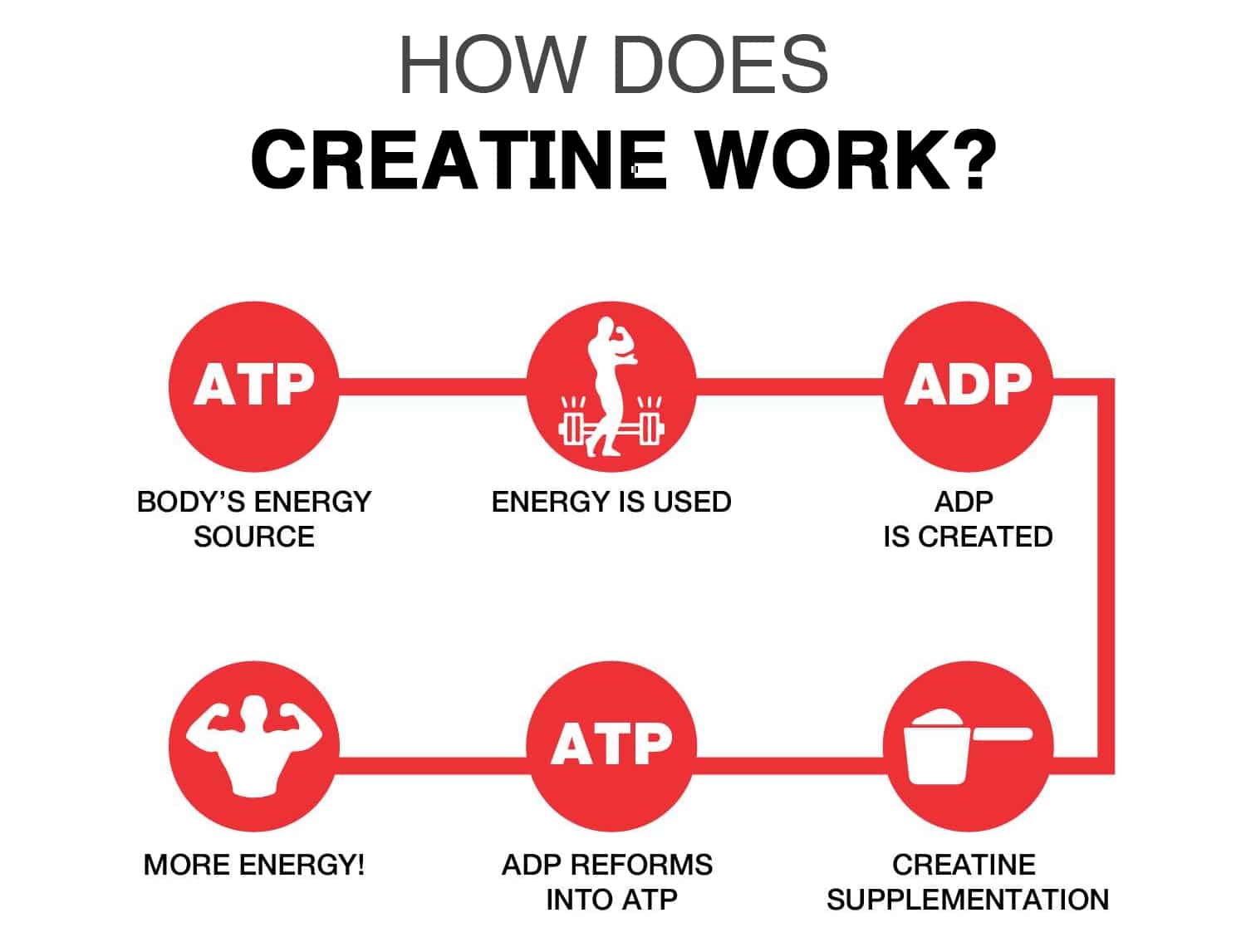

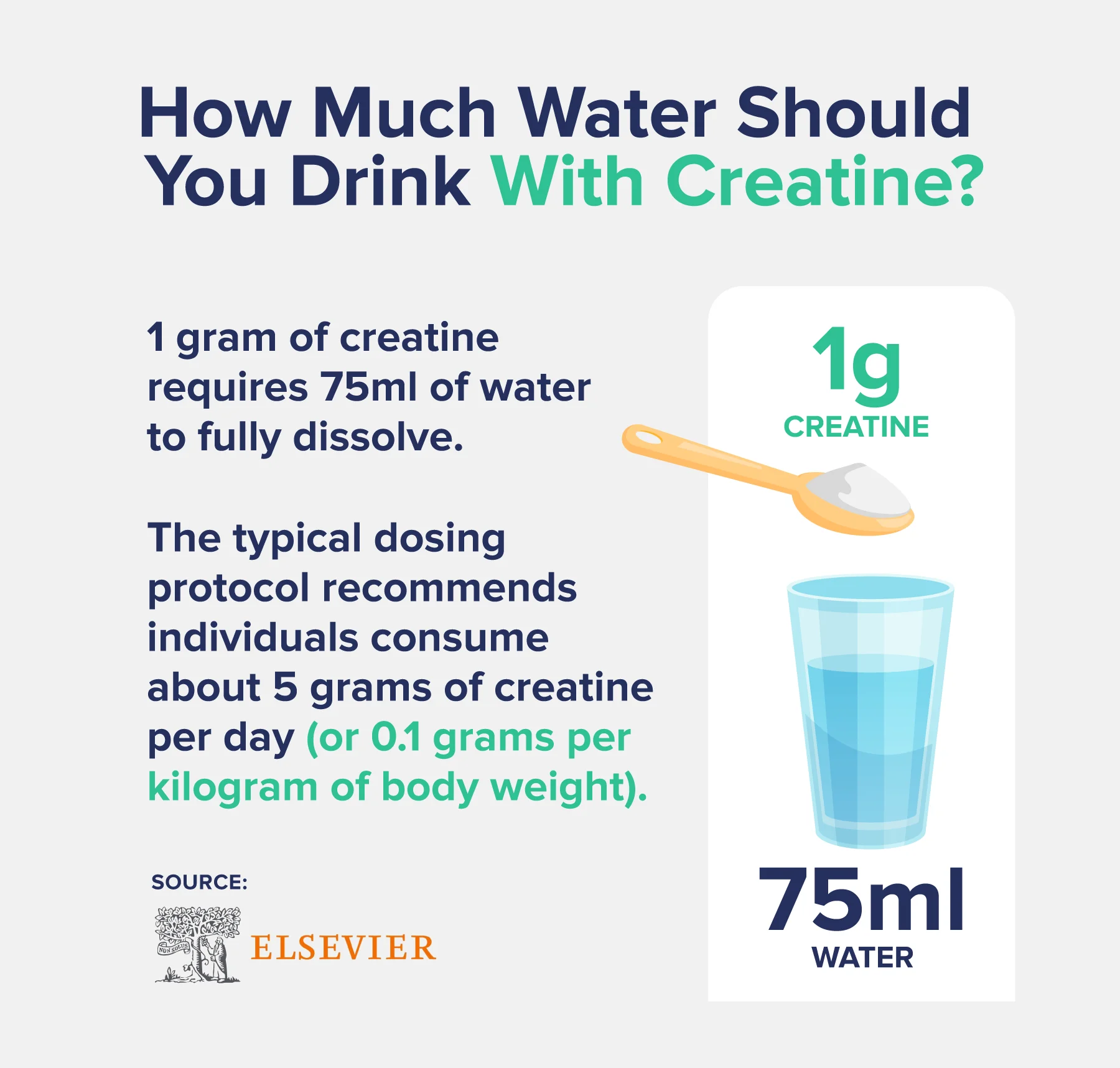
![How Much Water Should You Drink After Taking Creatine How Much Water To Drink With Creatine? [All You Need To Know] | Dr Workout](https://www.drworkout.fitness/wp-content/uploads/2022/04/How-Much-Water-Should-You-Drink-With-3-Grams-Of-Creatine.jpg)
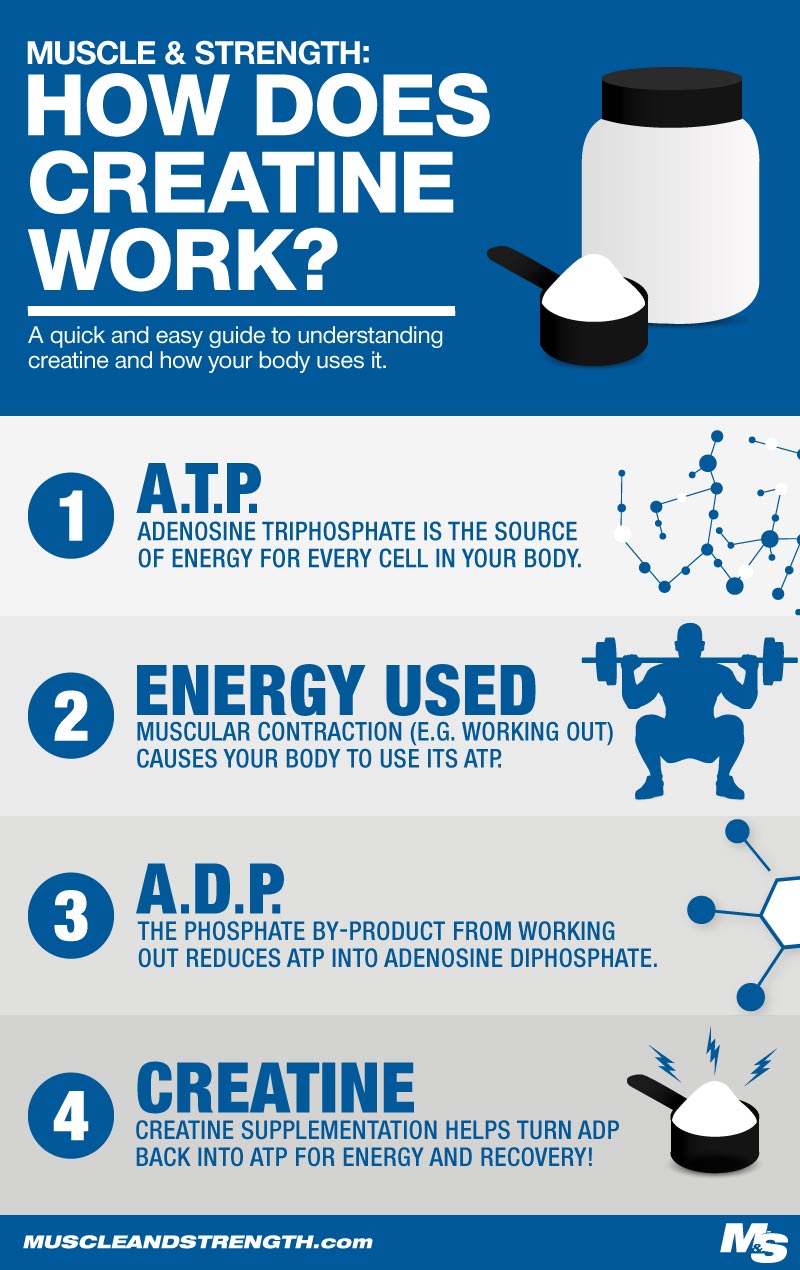





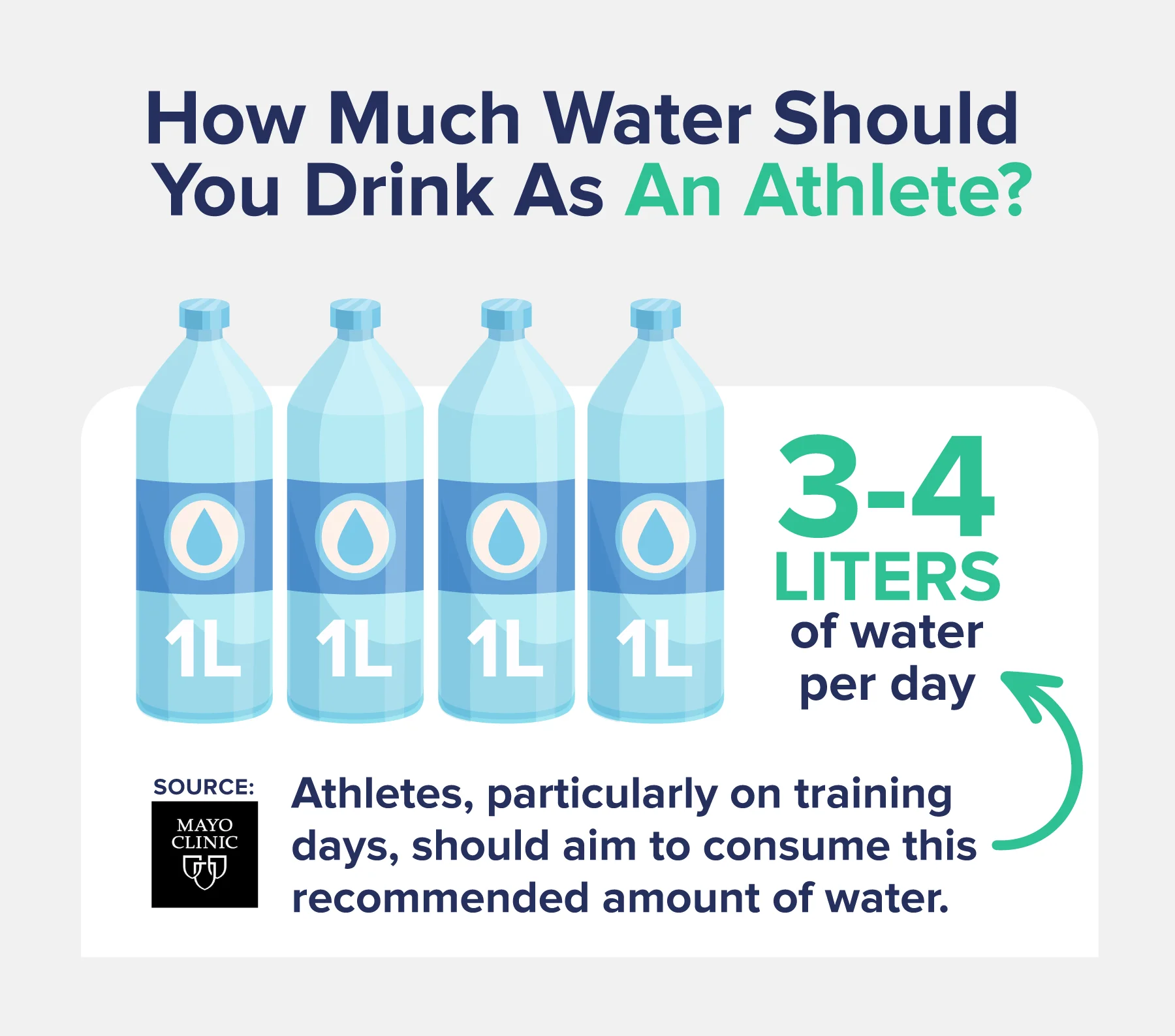

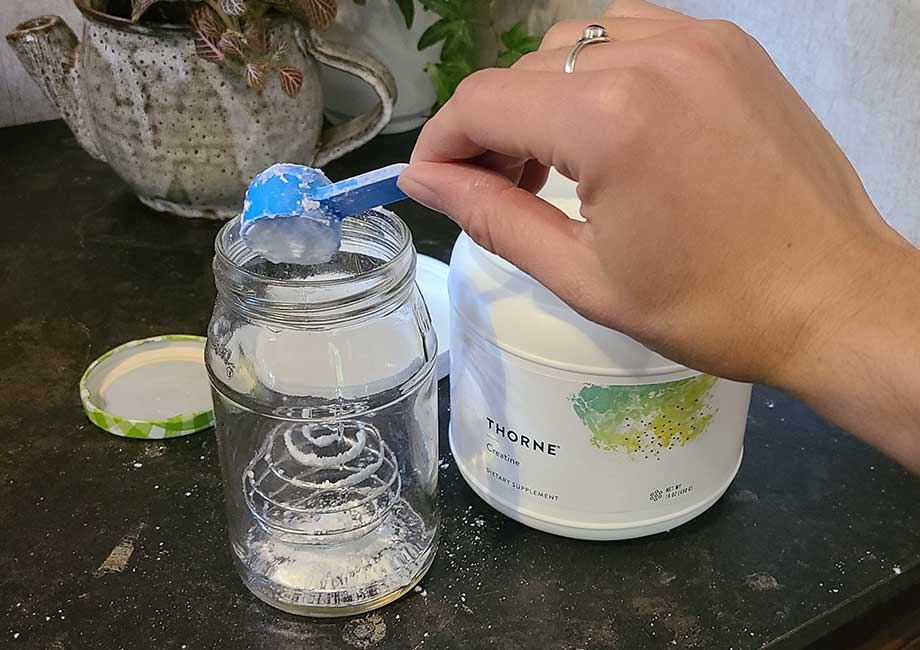



![How Much Water Should You Drink After Taking Creatine How Much Water To Drink With Creatine? [All You Need To Know] | Dr Workout](https://www.drworkout.fitness/wp-content/uploads/2022/04/What-Happens-if-You-Dont-Drink-Enough-Water-While-Taking-Creatine-768x644.jpg)
